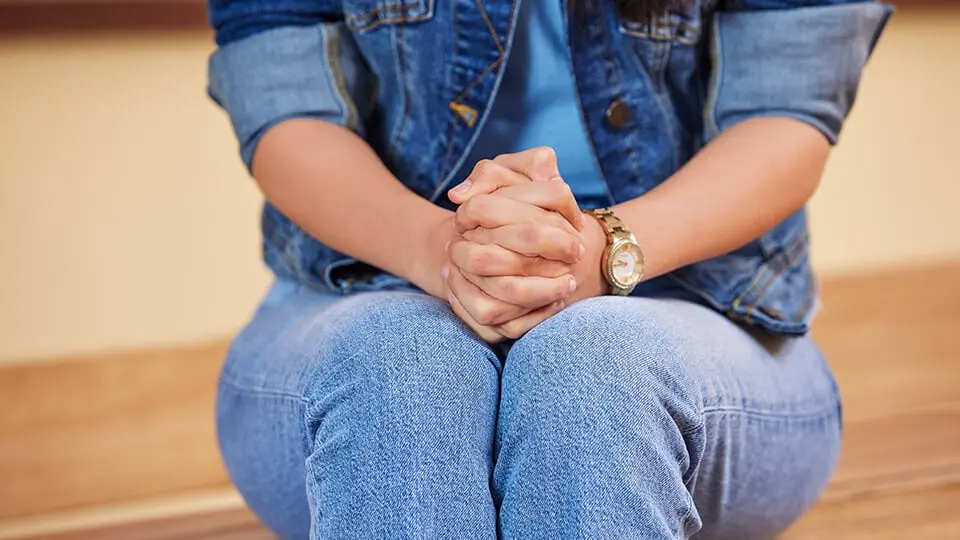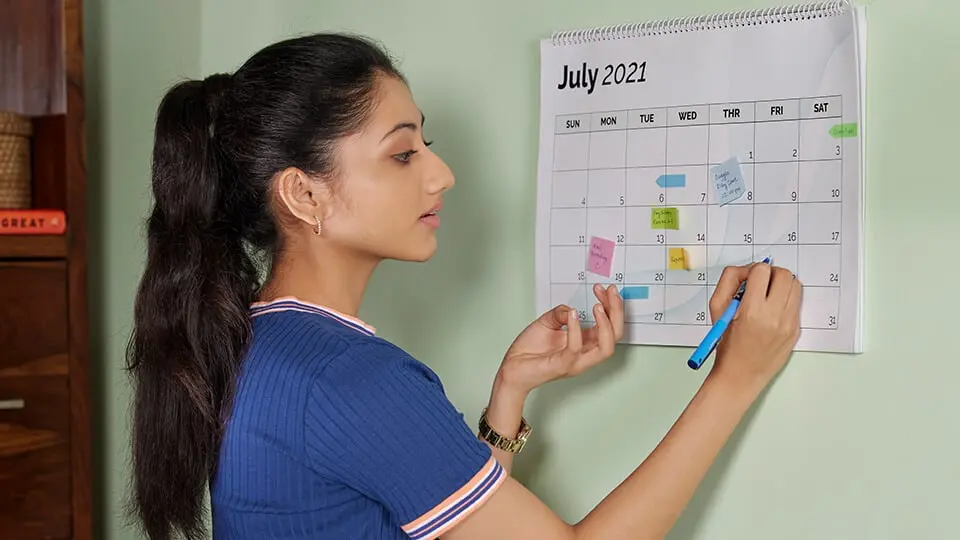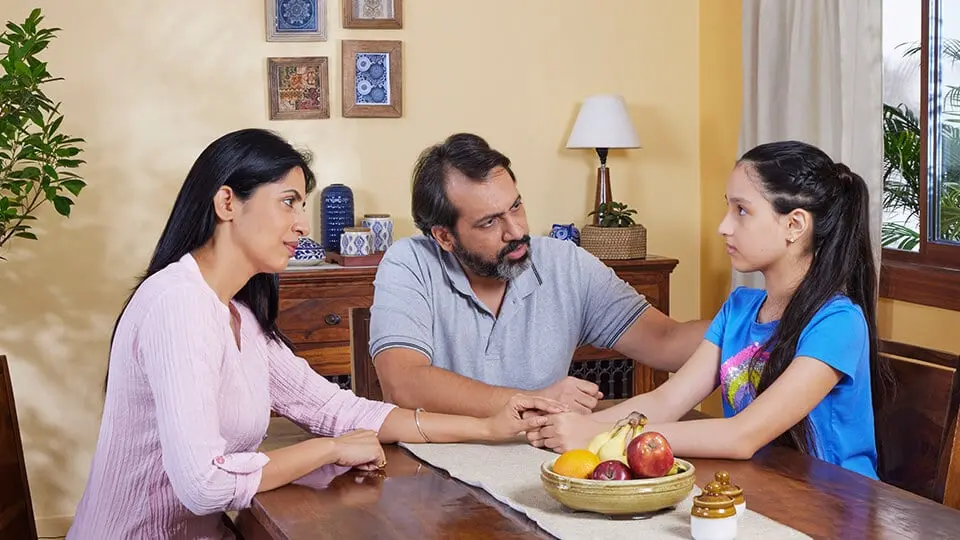First period or Menarche – is a biological process that is a result of reaching puberty for every girl. It is an indication that your body is now capable of reproduction. Puberty is the phase of your life when your body transitions from that of a girl to that of a young woman. It is accompanied by several changes. On the outside, you will begin to notice hair starting to grow under your arms and around your pubic area and your breasts will begin to develop. On the inside, due to the release of female hormones oestrogen and progesterone, you start getting your periods.
For most girls, the first period arrives at around 12 years of age. However, everybody is different and grows at a different pace. Some girls start getting their periods as early as 8 years while for others it can start as late as 15 years. Either way, it is completely normal and no cause for concern.
What are some early signs that I am approaching my first periods?
The best way to figure out if you are approaching your periods is to check if you have started exhibiting puberty signs. As you reach puberty, there are a few first period signs that you can watch out for. Not only will this make you less nervous about getting your first periods, but it will also help you be prepared with necessary period products for when the time comes.
They are:
Breast buds: It starts with small, elevated bumps around your nipples, accompanied by the enlargement of the dark area around your nipples called the areola. The areolas also begin to appear puffed and lumpy. This is the beginning of the development of your breasts. Periods usually commence about two years after your breasts begin to develop.
Pubic hair: With the onset of puberty, you will notice hair growing around your genitals. It starts with sparse and long strands of hair that grow thicker and curlier as you grow. Right around the time of your first period, you will also notice hair growing in your armpits.
Other changes in your body: Other first period signs include rapid changes in your body shape. You will experience a sort of growth spurt in your height as well as your weight. Your buttocks will widen, and it is also likely that your lower abdomen will grow slightly bigger too.
Fluid discharge: Another tell-tale sign of the first time period is the discharge of fluids from your vagina, also known as vaginal discharge. This mucus-like discharge can be thin or thick, colourless to whitish or off-white, with no particular odour. The colour and other properties of this discharge vary from person to person, and you are likely to notice this discharge around 6 to 12 months before getting your first period.
Why are they happening to me?
Periods are a sign that you are growing up to become a perfectly normal and healthy woman. Girls begin to menstruate, because during puberty, the female sex hormones oestrogen and progesterone begin to function.
They prepare your body for reproduction by causing the walls of your uterus to thicken to nourish the fertilised egg in case of a potential pregnancy. In the absence of a fertilised egg to nurture, this thickened lining breaks down and is pushed out of your vagina. This causes bleeding during a menstrual period.
My period just started – what should I do?
First of all, do not panic. It is completely normal and natural to get your periods. Simply start using your preferred feminine hygiene product – pads, tampons or menstrual cups if you have access to them. In case you don’t, inform your mother or your elder sister and if you are at school, speak with your teacher.
How to manage my first period?
Irrespective of whether it is your first period, or you have been menstruating for a long time now, periods can be uncomfortable and sometimes, even painful. Slight discomfort during periods is normal and nothing to be worried about.
It is important to choose a period product that you feel comfortable using and maintaining hygiene. Change your pads or tampons as frequently as you need to and rest when possible. If you experience menstrual cramps, use a hot water bottle or a heated pad for comfort. Applying heat to the lower abdominal area has proven effective in reducing the cramps.
Key Takeaway
Getting your periods is a natural biological process. It is nothing to be scared of and certainly nothing to be ashamed of. If you are feeling anxious about getting your first period, talking to your primary caregiver, your mom, or your elder sister and even your teachers can help you understand periods better.
Another important thing to remember is that your first few periods can be erratic and irregular. Eventually, they find their rhythm and settle down on their own. Just go with the flow and let your body do what it needs to. Just remember to ask questions and try to have an open conversation about your periods with someone you can trust, and they will help you navigate through the process and take you to a doctor if something’s amiss.




